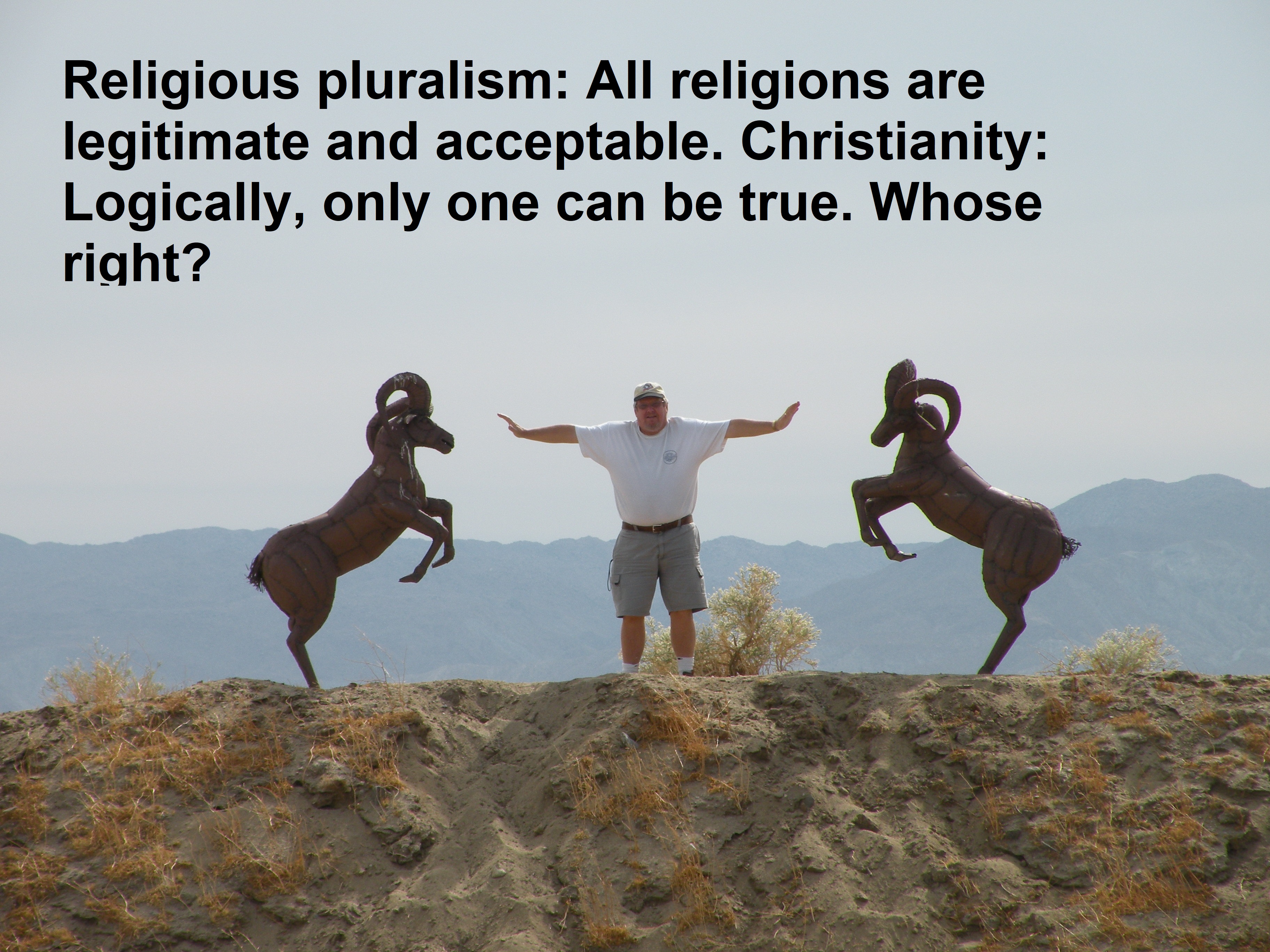
Part Ten: What Is Religious Pluralism—and How Is It Changing America’s View of Spiritual Truth and Contradicting Christianity?
This week’s blog will explore religious pluralism and how it not only changes the way postmodernists view spiritual truth but openly contradicts Christianity.
Religious Pluralism
Pluralism is the word used to describe the belief that reality consists of many instead of one. Religious pluralism, then, teaches that all religions provide “paths” to spiritual truth and therefore salvation—however one imagines that to be. This can mean two things: (1) all the diverse, distinct, and contradicting religious beliefs are independently true and legitimate, or (2) there is only one “Ultimate Reality” to which all world religions relate but in different ways.
Postmodernism, however, is not necessarily atheistic. Many postmodernists are open to religious beliefs and are spiritual seekers. Unfortunately, most postmodern spiritual seekers gravitate toward New Age ideologies rather than Christianity because they are more in harmony with postmodern relativism (see parts eight and nine). In other words, religious postmodernists (unlike Christianity), focus on subjective feelings and experiences rather than objective, verifiable revelation. Thus, New Age-like reasoning leads naturally to religious pluralism.
In today’s cultural environment, religious pluralism is expressed in remarks such as this:
- “Jesus, Buddha, Mohammed—all are prophets of God.”
- “All religions are paths to the same mountaintop.”
- “All religions are true; they’re just different.”
- “Christianity may be all right for you, but I prefer Hinduism” [or whatever].
- “What gives you the right to claim Christianity is the only true religion.”
- “You Christians are so intolerant; you think you have a monopoly on God.”
Religious pluralism is relativism played out in the spiritual arena. In postmodern America, it has become fashionable to promote this view. It’s “politically correct” to accept all faiths as equally legitimate and denounce religions—particularly Christianity—that refuse to accept this pluralistic philosophy. Religious pluralism is a serious affront to Christianity. It not only destroys the unique, saving work of Jesus Christ on the cross but opens the door to universalism—the fatal belief that everyone is eventually saved. And sadly, religious pluralism has swayed some Christians into considering non-Christian religions as legitimate avenues to God. ©
In next week’s blog post, we’ll see that the definition of tolerance has changed so dramatically in today’s politically correct society that it no longer has the same meaning it did in past generations.
Note: In later blog posts, I’ll provide an apologetic response to moral relativism and religious pluralism.